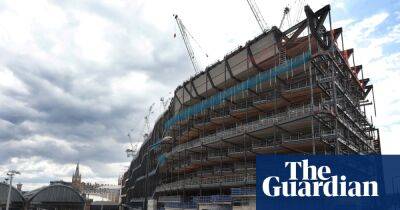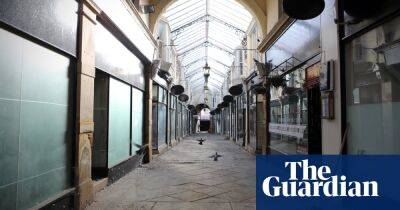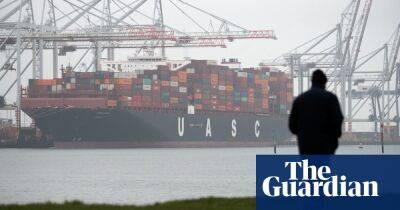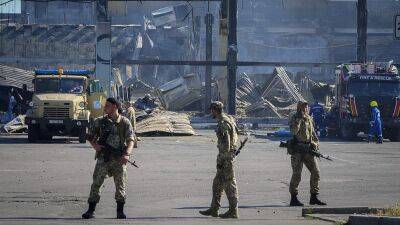The Guardian view on strikes in Britain: it’s not a return to the 1970s
Britain faces a rolling wave of strikes over pay and conditions in the coming months. The country’s railways will be effectively shut down for a week. Barristers will walk out from next Monday, stopping criminal trials in courts. Wage disputes have led to rubbish piling up in some parts of the country, while other regions have suffered late postal deliveries. Teachers and doctors are the latest professions threatening to strike if the government doesn’t meet their pay demands. But the country is not heading back to the 1970s. Trade unions in Britain have lost much of their clout in the workplace.
Despite the headlines, the number of days lost to strikes has collapsed. At their peak, about half of employees were union members. Now the figure is 24% and these are disproportionately found in the public sector – which is why the government is facing off against so many groups. With pay deals yet to be signed, ministers find themselves facing calls for inflation-linked wage increases for 5 million workers, including those in the NHS, the armed forces, the civil service and local government.
What makes the crisis seem familiar is the sequence of an energy shock, caused by a geopolitical crisis, followed by stagnating growth and inflation hitting highs not seen for decades. It would be hard to argue that key workers’ pay offers shouldn’t match inflation, which is projected to reach 11% this year. The Institute for Fiscal Studies says in the public sector employees have done even worse than those in the private sector, both over the past decade and during the pandemic.
The average teacher, even before the recent spurt in inflation, is paid 8% less than a decade ago. For nurses and midwives the figure is 7%. Yet rather than offer
Read more on theguardian.com


















